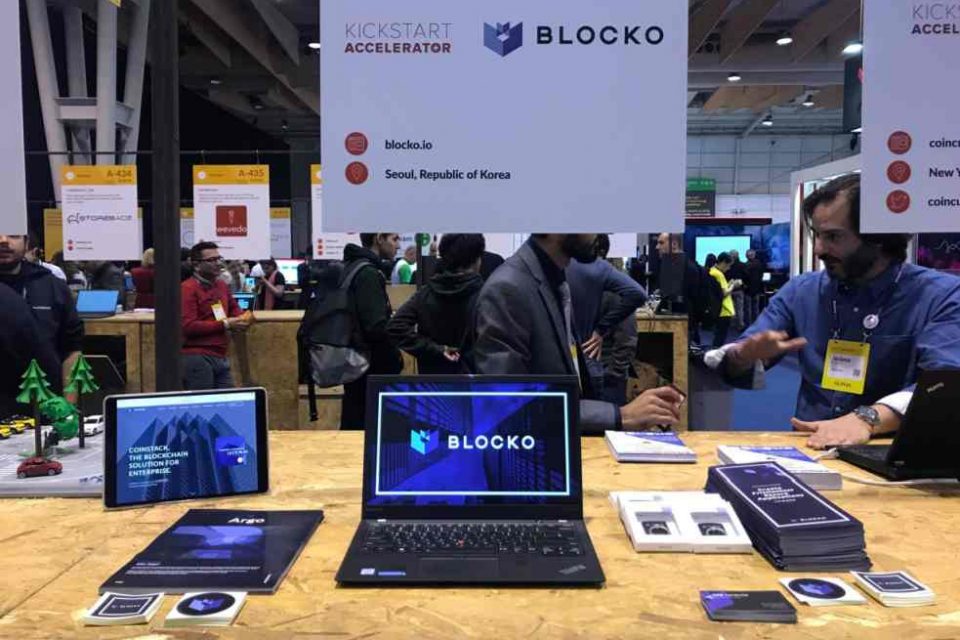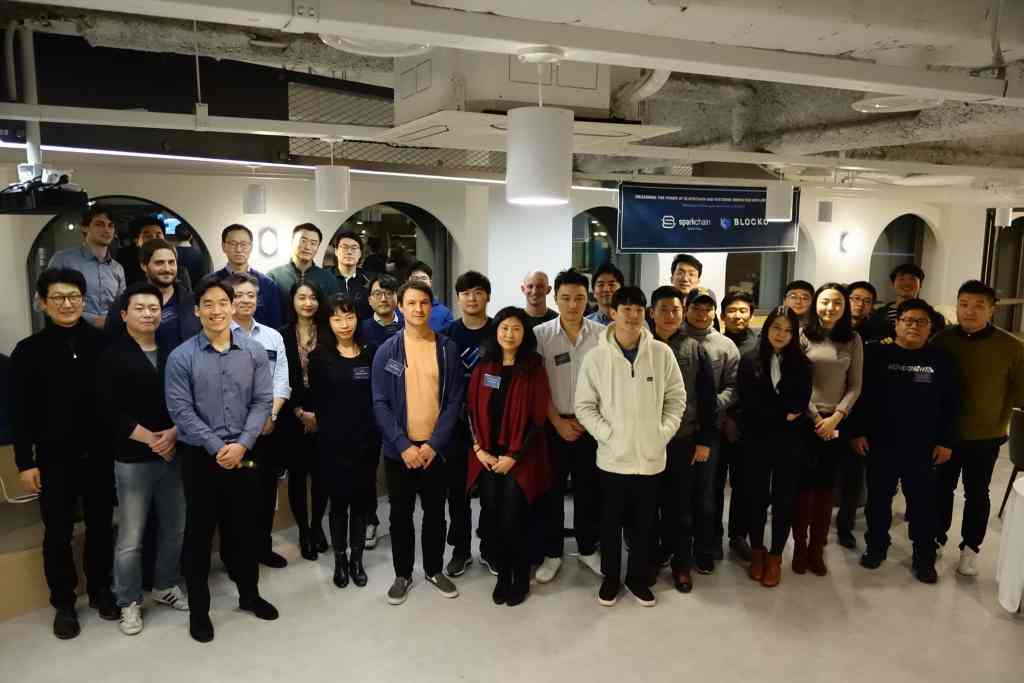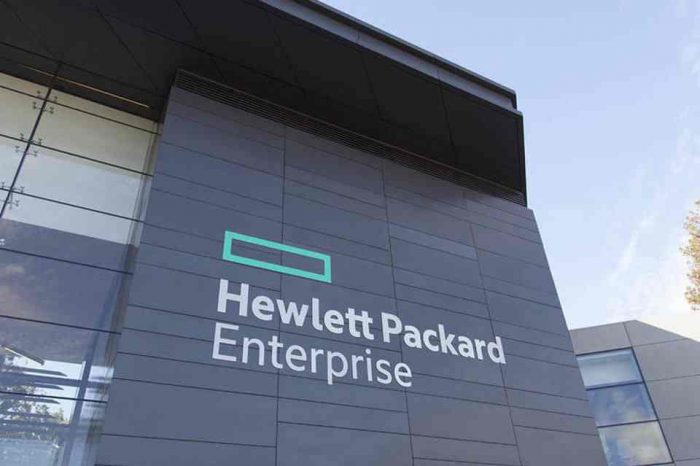Samsung-backed enterprise blockchain startup Blocko partners with South Korean government-funded ETRI to collaborate on consensus algorithm research

Blocko, the developer of AERGO open platform, has established partnerships with multiple leading research institutions including the Electronics & Telecommunications Research Institute (ETRI) to collaborate on developing cutting-edge consensus algorithms as well as proving and validating existing theoretical ones. Today, the development and deployment of blockchain protocols and applications fail to offer enterprises the scalability, distributed governance and enhanced confidentiality they want without surrendering the inherent security and immutability they demand.
Blocko will leverage its experience having deployed secure blockchain-based systems around document stamping, single sign-on, transaction settlements, identity, distributed storage, and supply chain management across many industry sectors to prove and validate new consensus protocols developed by ETRI.
Consensus is a process in which nodes on a distributed network come to an agreement on the immediate state of things. Consensus is a core component to replicated state machines and encompasses the creation and linkage of blocks on a blockchain. However, most consensus algorithms of today remain at theoretical stages and are unlikely to be practical under realistic circumstances.
Founded in 2014 by Allan J Kim and Won-Beom Kim, Blocko is a commercial blockchain startup offering multinational organizations the ability to design, deploy, and manage digital services on a secure distributed network. Enterprise-IT integration and cloud deployment know-how are at the core of its value proposition. The company provides a stable and secure blockchain operating system and an easy-to-use development platform with stable APIs. Blocko also engages in researching and developing blockchain services to spread the technology to various industries. It also offers CoinStack, a Backend-as-a-Service platform that helps customers to adopt the new technology through application programming interface.
Blocko has decided to build a test bed that can work with various industries and research institutes in South Korea and abroad to test consensus algorithms and put them under stringent circumstances in order to prove their applicability in the real world. The goal is to help ETRI identify existing algorithms that are optimal for actual business environments and lead the way in discovering, verifying, and implementing new consensus algorithms. These research collaborations will also allow Blocko to in effect uncover more about consensus, tokenomics, governance and more to apply in developing the AERGO platform.
Established in 1976, ETRI is a non-profit government-funded research institute. ETRI is one of the leading research institutes in wireless communication domain with more than 2500 patents filed. ETRI developed ship-area network technology, portable automatic language interpretation and automated valet parking technology. ETRI has about 2,000 employees of which about 1,800 are researchers.
Blocko is a well-funded, Samsung-backed commercial blockchain startup offering multinational organizations the ability to design, deploy, and manage digital services on a secure distributed network. Enterprise-IT integration and cloud deployment know-how are at the core of its value proposition. The company provides a stable and secure blockchain operating system and an easy-to-use development platform with stable APIs.
Blocko is the developer of AERGO, an open platform that allows businesses to build innovative applications and services by sharing data on a trustless and distributed IT ecosystem. AERGO takes Blocko’s battle-tested technology to the next level by morphing it into an entire end-to-end open-source platform based around a hybrid blockchain design. AERGO allows businesses to build innovative applications and services by sharing data on a trustless and serverless IT ecosystem. The AERGO network will be backboned by github-like public and permissioned repositories of Distributed Directories (DD). Implementing Smart Oracles, AERGO will also allow smart contracts to consume data with external services or internal databases and trigger events.

Blocko Team

